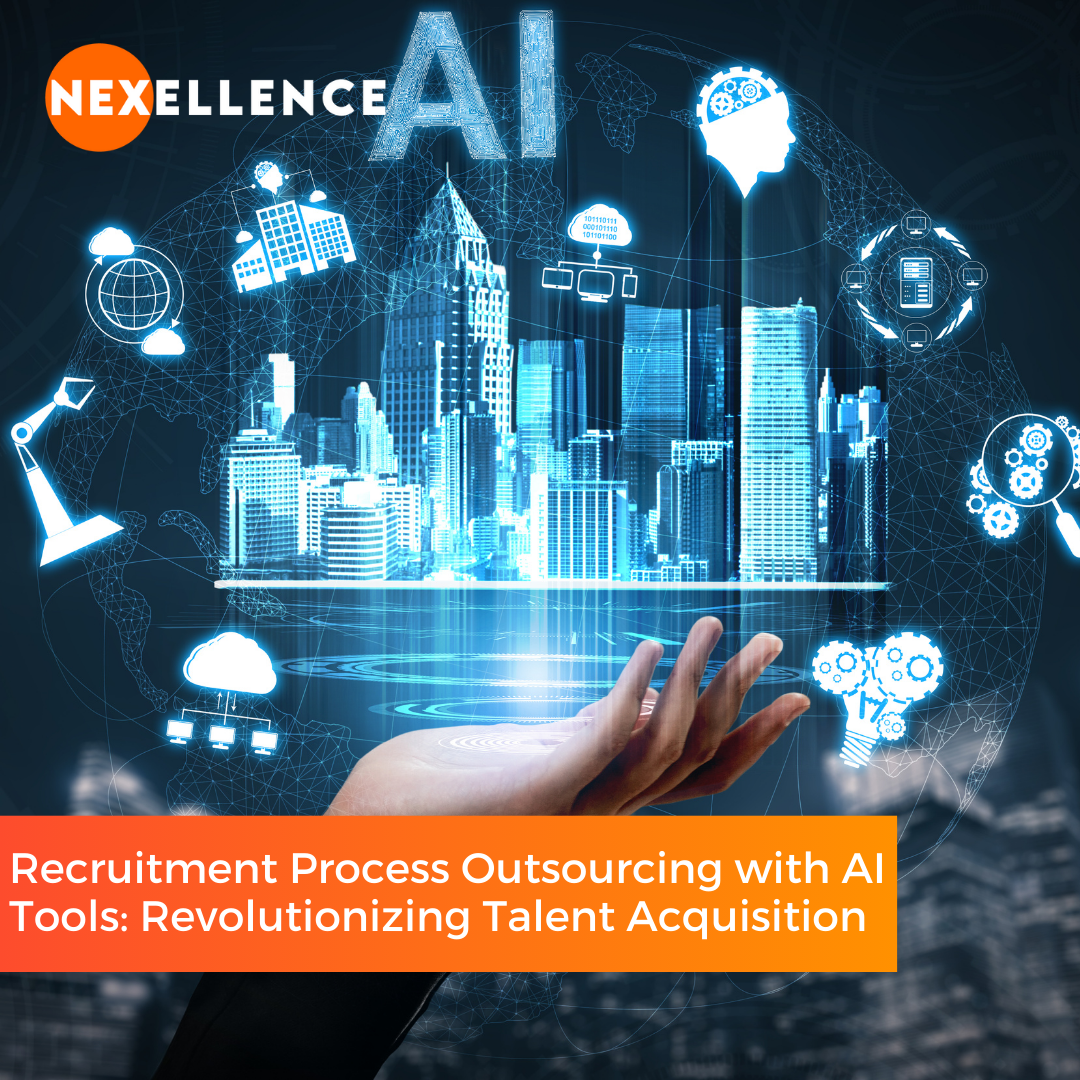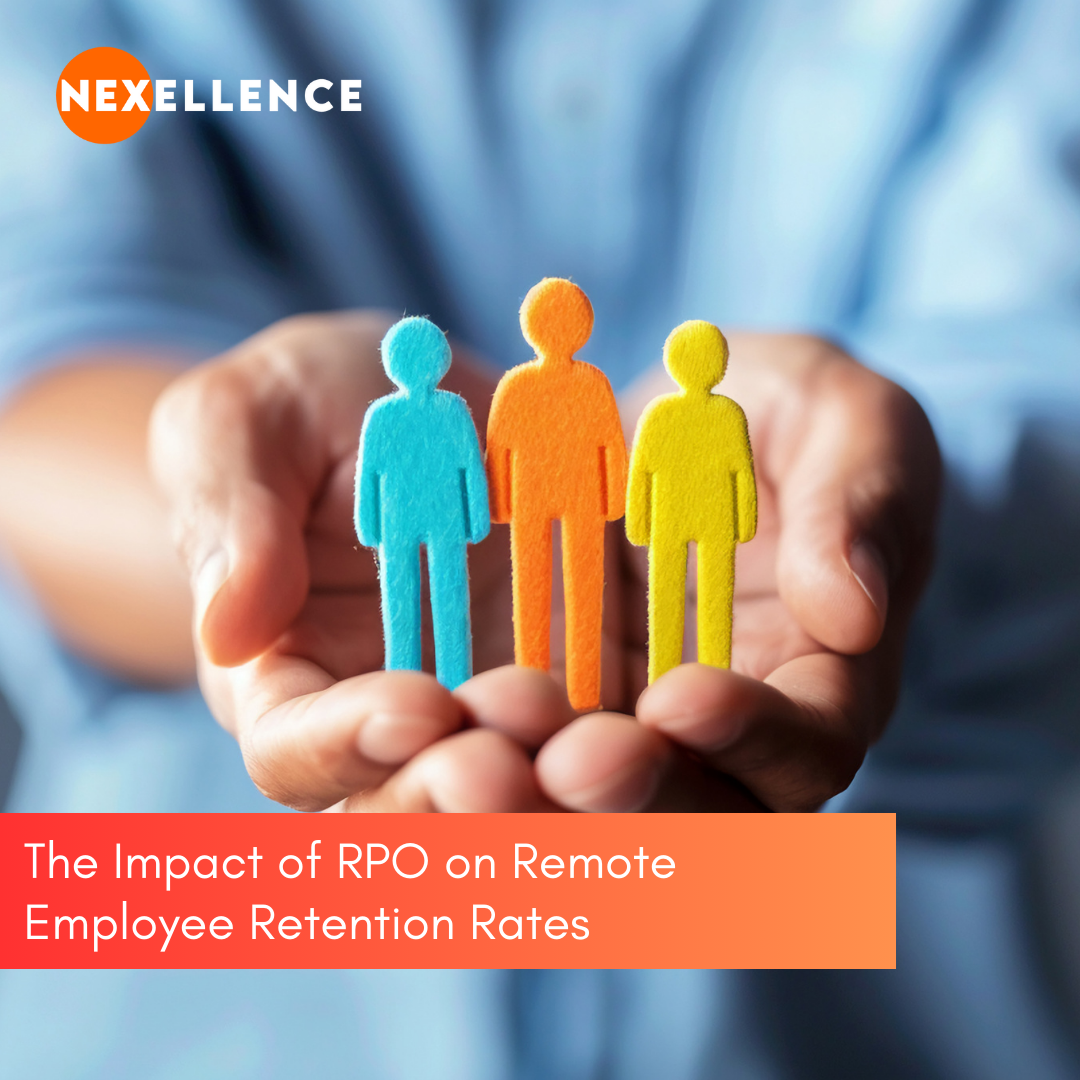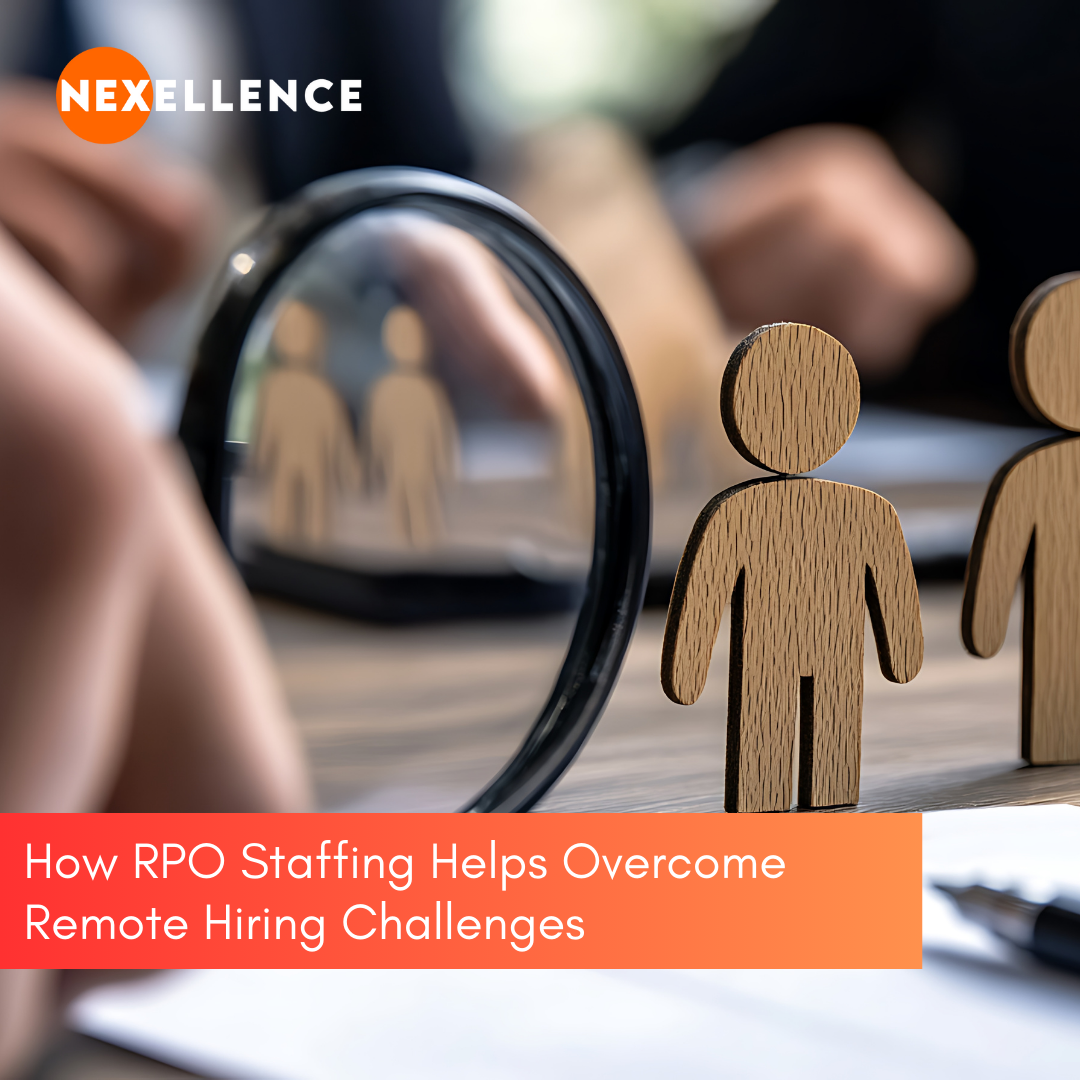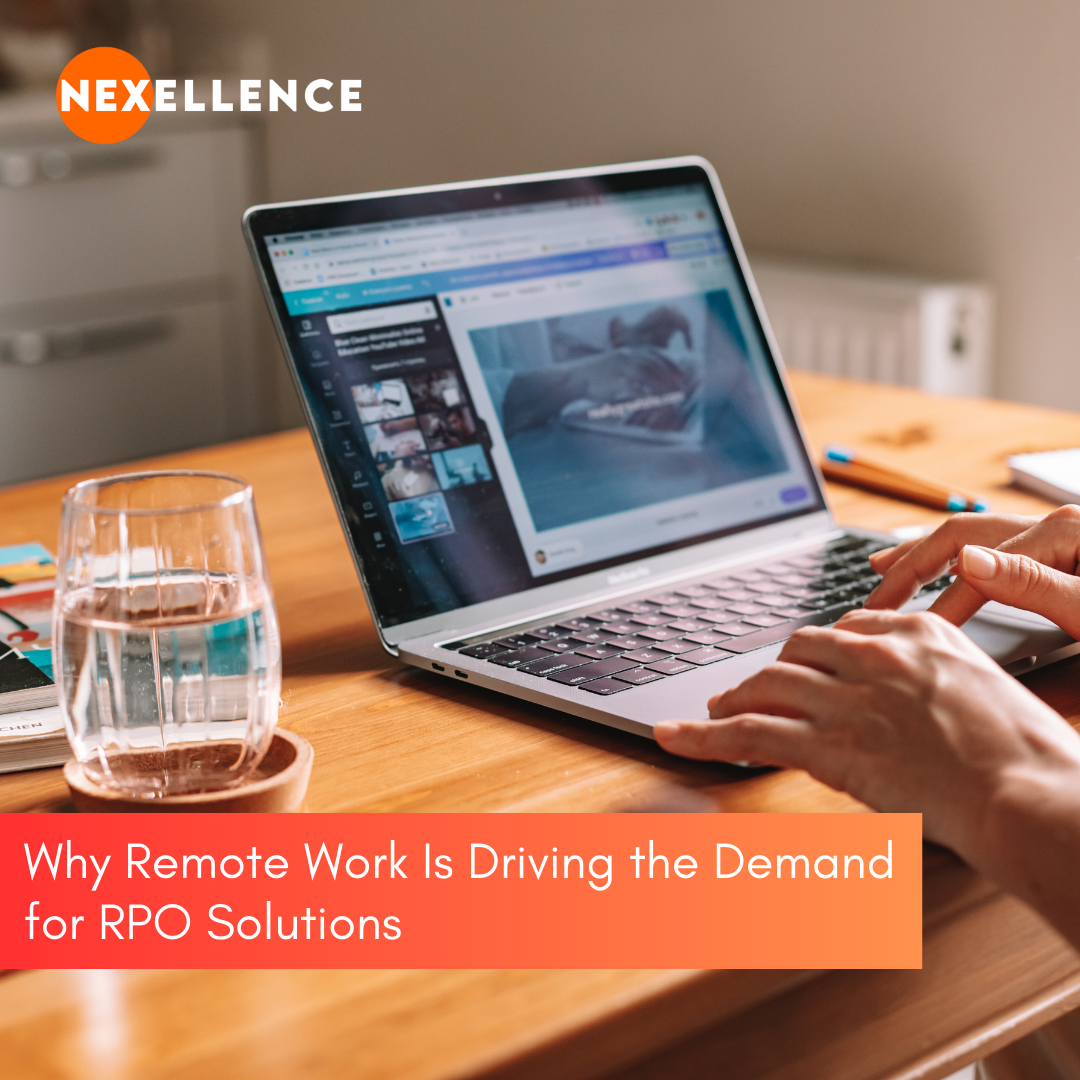In today’s highly competitive and dynamic job market, recruitment has become more challenging than ever. Organizations are constantly seeking ways to attract and retain top talent while maintaining efficiency and reducing costs. Recruitment Process Outsourcing (RPO) has long been a strategic solution to this challenge, allowing companies to delegate their hiring processes to expert providers. However, the rise of artificial intelligence (AI) has added a new dimension to RPO, transforming how organizations source, engage, and hire talent. In this blog, we’ll explore the intersection of RPO and AI tools, and how this combination is shaping the future of talent acquisition.
What is Recruitment Process Outsourcing (RPO)?
RPO is a form of outsourcing where an organization transfers all or part of its recruitment activities to a third-party service provider. The RPO provider takes ownership of the recruitment process, from sourcing candidates to onboarding new hires, while aligning the recruitment strategy with the company’s goals and culture. This allows businesses to focus on their core competencies while benefitting from the expertise, technology, and scalability that RPO offers.
The Role of AI in Recruitment
AI is fundamentally transforming the recruitment landscape by automating repetitive tasks, improving candidate experience, and providing data-driven insights to make better hiring decisions. AI tools are now integrated into various stages of the recruitment process, from sourcing to final selection, optimizing efficiency and reducing human bias. Here’s how AI tools are enhancing RPO models:
1. Smarter Candidate Sourcing
One of the most time-consuming aspects of recruitment is sourcing the right candidates. Traditional methods often involve manually combing through resumes and professional networks. AI-powered sourcing tools, however, can rapidly scan databases, social media profiles, and job boards to find qualified candidates based on specific criteria. AI algorithms can analyze patterns in candidate profiles and identify those most likely to be a good fit for a position.
Example: AI-driven tools like HireVue or Entelo can analyze a candidate’s background, skills, and experience, and match them with suitable job opportunities within seconds.
2. Enhanced Screening and Shortlisting
Once candidates are sourced, the next challenge is to screen and shortlist them efficiently. AI tools equipped with natural language processing (NLP) can read resumes and cover letters, comparing them with job descriptions to rank candidates based on their suitability. These tools can identify keywords, qualifications, and experiences that align with the job requirements, significantly reducing the manual effort involved in this stage.
Example: Platforms like Pymetrics assess candidates based on their cognitive and emotional aptitudes through games, providing a data-driven approach to predicting job fit.
3. Bias Reduction in Hiring
Unconscious bias can influence recruitment decisions, sometimes leading to unfair outcomes. AI tools can mitigate bias by focusing on objective data, such as skills and qualifications, rather than factors like gender, age, or race. By removing personal biases from the equation, AI helps create a more diverse and inclusive workforce, which is a significant advantage in today’s business environment.
Example: Tools like Textio optimize job descriptions by ensuring inclusive language, while Blendoor anonymizes candidate profiles to further reduce bias.
4. Streamlining Candidate Engagement
AI chatbots have revolutionized candidate engagement by automating communication during the recruitment process. From scheduling interviews to answering FAQs, chatbots provide immediate responses, enhancing the candidate experience. This automation not only saves time for recruitment teams but also keeps candidates informed and engaged, reducing the risk of losing top talent due to slow response times.
Example: Mya and Olivia are AI-driven recruitment chatbots that can engage with candidates, screen them based on preset criteria, and schedule interviews with minimal human intervention.
5. Predictive Analytics for Better Decision Making
AI-driven predictive analytics can provide deeper insights into the recruitment process. By analyzing historical data, these tools can predict which candidates are likely to succeed in a particular role, helping RPO providers make more informed hiring decisions. Additionally, AI can predict talent trends, helping organizations plan for future workforce needs.
Example: Tools like Hiretual use predictive analytics to provide insights into a candidate’s likelihood of accepting a job offer, or their future performance based on past data.
6. Faster and More Accurate Assessments
AI-based assessment tools enable RPO providers to evaluate candidates’ skills more efficiently. Whether it’s through online tests, video interviews, or gamified assessments, AI can analyze responses in real-time and provide instant feedback. This speeds up the recruitment process and ensures that only the most qualified candidates proceed to the next stage.
Example: HireVue uses AI to analyze video interviews, scoring candidates based on language, tone, and even facial expressions to assess their suitability for a role.
The Benefits of Combining RPO with AI Tools
By integrating AI into RPO processes, organizations can experience a range of benefits:
- Increased Efficiency: Automation of repetitive tasks allows recruiters to focus on high-value activities like building relationships with candidates.
- Cost Savings: AI reduces the need for manual intervention in tasks like screening and scheduling, lowering the overall cost of recruitment.
- Improved Candidate Experience: Faster response times, personalized communication, and streamlined processes lead to a better experience for candidates, improving employer branding.
- Data-Driven Decisions: AI provides valuable insights and analytics, enabling more accurate and objective hiring decisions.
- Scalability: AI tools allow RPO providers to scale their recruitment efforts quickly to meet the changing needs of businesses, whether they’re hiring for a single position or an entire team.
Challenges of AI in RPO
Despite the numerous advantages, integrating AI in RPO also presents challenges:
- Data Privacy: The use of AI in recruitment requires access to large amounts of personal data, which raises concerns about data security and compliance with regulations like GDPR.
- Human Touch: While AI can handle many tasks, it cannot replace the human touch in relationship-building, empathy, and understanding cultural fit.
- Algorithmic Bias: Although AI aims to reduce bias, if the training data is biased, AI tools can inadvertently reinforce those biases, highlighting the need for careful monitoring and adjustment.
Conclusion
The integration of AI tools into Recruitment Process Outsourcing represents a significant leap forward in the way companies manage talent acquisition. AI’s ability to automate, analyze, and predict makes the recruitment process more efficient, cost-effective, and fair. However, it’s important to strike a balance between AI and human oversight to ensure the best outcomes. As AI continues to evolve, its role in RPO will likely expand, bringing further innovation and opportunities for businesses to stay ahead in the talent race.
By embracing this fusion of technology and expertise, organizations can position themselves at the forefront of recruitment innovation, attracting the best talent in a competitive global market.





